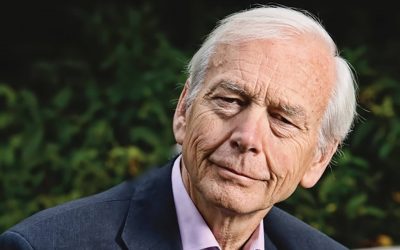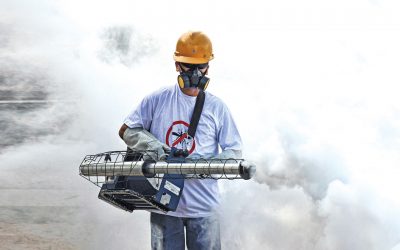This year, a group of 106 volunteers from Great Britain & Ireland, the largest to have ever travelled, headed to India to meet up with other Rotary International members from 17 countries including Belgium, Luxemburg, USA and Japan to carry out the polio immunisation of children across the country.
The response was encouraging in the effort to keep India polio free, after tremendous strides to eradicate the disease from the country.
Although India was removed from the endemic list and declared free from polio in 2014, there is still the real risk of the re-introduction of the wild polio virus from cases found in Pakistan.
It is therefore essential that high levels of immunisation are maintained.
The aim of this year’s National Immunisation Day (NID) was to vaccinate over 172 million children under the age of five. That is a big project given that this figure is nearly three times the size of the UK population.
In order to help make this happen, the Rotary office in Delhi designated five locations where the International Rotarian volunteers were placed to assist the local Rotary members, Delhi, Kolkata, Ludhiana, Bhidawi and Karnal.
Adrian Stabbins from the Rotary Club of Windsor and Eton one of the volunteers who travelled to India this year, was taking part in the National Immunisation Day for his seventh time and we caught up with him to ask him about his experiences.
Adrian explained, “There is a certain team spirit and comradery between the people who choose to go back each time and it is an opportunity to build relationships with other Rotarians from the UK and around the globe.”
“You really come to know the Indian Rotarians in particular from seeing their way of life and visiting their projects; you have to stand back in admiration at the way they are trying to turn their society around.”
“It is a tremendous experience going out and working with these young people, who are so full of mischief and fun despite the serious nature of the work that is being carried out.
“For me personally, my vocational experience as a dentist is invaluable as it allows me to be comfortable in close proximity to the children’s personal space and I felt comfortable helping the children feel at ease.”
“My son who joined me on the trip is a businessman and he brought different skills to the table, ensuring the project was efficient and any hurdles overcome in a quick and logical way. Between us we immunised 200 children in just two hours.”
Adrian continued, “I grew up in a time when polio was still around in the UK. I remember one of my classmates suffering from it. There is no denying that the threat the disease poses is much less today, however it is important we keep pushing to rid the world of polio for good.”
The immunisation, which is administered by two simple drops on the tongue, can be carried out easily by someone with no medical experience, and is crucial in helping to keep polio at bay. Rotary hopes to continue to send out volunteers in future years, until this type of immunisation is replaced with an injection, a procedure that would require medically trained personnel.
It is a tremendous experience going out and working with these young people, who are so full of mischief and fun despite the serious nature of the work that is being carried out.”
However, the group who travelled to Karnal in Haryana state north of Delhi faced trials in the fact that the area was affected by riots, which broke out over water shortages in the country, resulting in one of the immunisation programmes being cancelled.
Jannine Birtwistle from the Rotary Club of Guernsey, who was caught up in the riots commented, “It was a real shame that the immunisation couldn’t go ahead, but thankfully the week after we left the project was carried out.”
“One thing we were extremely pleased about was that a health camp, which we had planned for the Sunday of our visit, still managed to take place. Although the turn out was not as high as expected, over 350 people of all ages came to the camp, which provides check ups, consultations and information on a range of health issues.”
“Despite the problems faced in Karnal, this year’s NID was still a huge success and we have seen such improvement, not just in the infiltration of polio but in the quality of life in the societies we have visited.”
“It is great that so many Rotarians from Great Britain and Ireland continue to offer their support to the trip and the work we carry out continues to be invaluable.”
Rotary International together with the Centers for Disease Control and prevention (USA), WHO and the Bill and Melinda Gates Foundation for the Global Polio Eradication Initiative (GPEI) have eradicated polio from all but two countries in the world, Afghanistan and Pakistan.
There is every hope that in the next few years polio will be eradicated from these two countries making it the second disease after smallpox to be eradicated from the world.


























































